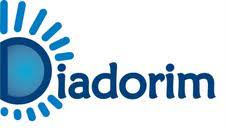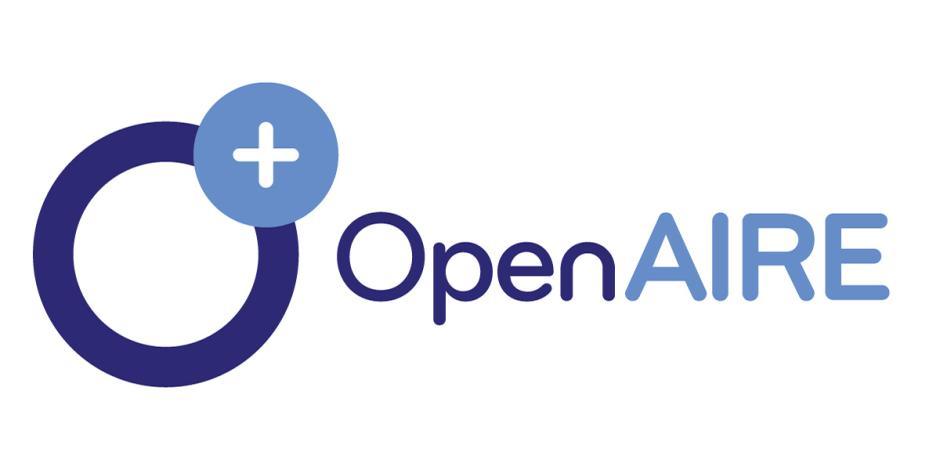Occurrence and characterization of insect galls in two areas of tropical dry forest (caatinga) in São Francisco River Natural Monument, Brazil
DOI:
https://doi.org/10.12741/2675-9276.v4.e058Palavras-chave:
Cecidomyiidae, Dry tropical forest, Euphorbiaceae s.s., Northeastern BrazilResumo
The caatinga vegetation is an important natural laboratory for the study of how plants and gall-inducing insects interact in highly variable and stressful moisture regimes. Despite this, only five gall inventories have been conducted and its richness of inducing insects and host plants has been little known. To contribute to our knowledge of galls from caatinga habitats, we registered and characterized the macroscopic aspects of the galls, then identifed the plant hosts and their associated fauna in two areas of caatinga in São Francisco River Natural Monument (MONA). Nineteen morphotypes of galls were recorded on 11 plant belonging to eight genera and six host plant families. Of the total number of galls recorded, most occurred in the rainy season (n=13). Most of the galls are globoid (n=10), pilose (n=10), green (n=15), and isolated (n=12). Most of the gall-inducing insect species found belonged to Diptera (Cecidomyiidae). All morphotypes recorded in this study are the first ones recorded of galls and their host plants in MONA. We also recorded, for the first time, the occurrence of galls in the floral buds of Cnidoscolus obtusifolius Pohl ex Baill. (Euphorbiaceae), demonstrating the importance of conducting studies in areas not yet sampled in the Caatinga biome. It is expected that this study will stimulate future investigations, helping in the protection and conservation of this conservation area and consequently increasing our knowledge about its biodiversity.
Downloads
Referências
ABDULRAHAMAN, A. A.; OLADELE F. A. Response of trichomes to water stress in two species of Jatropha. Insight Botany, v.1, p. 15–21, 2011. DOI: https://doi.org/10.5567/BOTANY-IK.2011.15.21
ABRAHAMSON, W. G.; WEIS, A. E. Evolutionary ecolog y across three trophic levels: goldenrods, gall makers and natural enemies. Princeton University Press, Princeton, 1997. DOI: https://doi.org/10.12987/9780691209432
ALCÂNTARA, J. A.; SOUZA, E. B.; BRAGA, P. E. T. Ocorrência e caracterização de galhas em duas áreas do noroeste do Ceará, Brasil. Natureza on line, v.15, n. 1, p. 33–40, 2017.
BFG - The Brazil Flora Group. Brazilian Flora 2020: Leveraging the power of a collaborative scientific network. Taxon, v. 71, p. 178-198, 2021. DOI: https://doi.org/10.1002/tax.12640
BRITO, G. P.; COSTA, E. C.; CARVALHO-FERNANDES, S. P.; SANTOS-SILVA, J. (2018) Riqueza de galhas de insetos em áreas de Caatinga com diferentes graus de antropização do Estado a Bahia, Brasil. Iheringia, série Zoologia, v. 108, 2018. DOI: https://doi.org/10.1590/1678-4766e2018003
CARVALHO-FERNANDES, S. P.; ALMEIDA-CORTEZ, J. S.; FERREIRA, A. L. N. Riqueza de galhas entomógenas em áreas antropizadas e preservadas de Caatinga. Revista Árvore, v. 36, n. 2, p.269–277, 2012. DOI: https://doi.org/10.1590/S0100-67622012000200008.
FERNANDES, G. W. Plant age and size efects on insular gall-forming species richness. Global Ecology and Biogeography Lett, v. 2, n. 3, p. 71–74, 1992. DOI: https://doi.org/10.2307/2997508
FERNANDES, G. W.; PRICE, P. W. Biogeographical gradients in galling species richness: test of hypotheses. Oecologia, v. 76, v. 2, p. 161–167, 1988. DOI: https://doi.org/10.1007/BF00379948
INPE- Boletim meteorológico. 3:25, A estiagem durante o verão e outono de 2001 no Brasil e as caracteristicas Atm. Associadas. Disponível em: <http://energia1.cptec.inpe.br/anomalias/pt>. Acesso em: 02 maio 2022.
ISAIAS, R. M. S.; CARNEIRO, R. G. S.; OLIVEIRA, D. C.; SANTOS, J. C. Ilustrated and annoted checklist of Brasilian Gall Morphotypes. Neotropical Entomology, v. 42, n. 3, p. 230–239, 2013. DOI: https://doi.org/10.1007/s13744-013-0115-7.
LABANDEIRA, C. C. Ecology and evolution of gall-inducing Arthropods: The Pattern From the Terrestrial Fossil Record. Frontiers Ecologia Evolução, v. 9, p. 1-30, 2021. DOI: https://doi.org/10.3389/fevo.2021.632449
MAIA, V. C.; SILVA, B.G. Checklist of the gall midges (Diptera, Cecidomyiidae) in the state of Bahia (Northeastern Brazil) / Lista dos Cecidomyiidae (Diptera) no estado da Bahia (Nordeste do Brasil). Brazilian Journal of Animal and Environmental Research v. 3, n. 4, p. 3991–4013, 2020. DOI: https://doi.org/10.34188/bjaerv3n4-096
NOGUEIRA, R. M.; COSTA, E.C.; SANTOS-SILVA, J.; ISAIAS, R. M. S. Phenological trick and cell wall bricks toward adaptive strategies of Mimosa tenuiflora-Lopesia mimosae interaction in Caatinga environment. Flora, v. 294, 2022. DOI: https://doi.org/10.1016/j.flora.2022.152121
OLIVEIRA, J. C.; MAIA, V. C. Ocorrência e caracterização de galhas de insetos na restinga de Grumari (Rio de Janeiro, RJ, Brasil). Arquivos de Museu Nacional, v. 63, n. 4, p. 669–675, 2005.
QUEIROZ, L. P.; CARDOSO, D.; FERNANDES, M. F.; MORO, M. Diversity and evolution of flowering plants of the Caatinga domain. In: Silva JC, Leal I, Tabarelli M (eds), Caatinga: the Largest Tropical Dry Forest Region in South America. Springer, Cham, pp. 23–63, 2017. DOI: https://doi.org/10.1007/978-3-319-68339-3_2
SANTOS, J. C.; ALMEIDA-CORTEZ, J. S.; FERNANDES, G. W. Richness of gallinducing insects in the tropical dry forest (Caatinga) of Pernambuco. Revista Brasileira Entomologia, v. 55, n. 1, p. 45–54, 2011. DOI: https://doi.org/10.1590/S0085-56262011000100009
SANTOS-SILVA, J.; ARAÚJO, T. J. Are Fabaceae the principal superhosts of galls in Brazil? An Academia Brasileira de Ciências, v. 92, n. 2, p. 1-15, 2020. DOI: https://doi.org/10.1590/0001-3765202020181115
SANTOS-SILVA, J.; SANTOS, G. A. B.; SANTOS, J. C. Soils and seasonality influence the richness of gall-inducing insects and their host plants in a tropical dry forest. Journal of Arid Environments, v. 196, n. 1, p. 1-11, 2022. DOI: https://doi.org/10.1016/j.jaridenv.2021.104651
VELLOSO, A. L.; SAMPAIO, E. V. S.; PAREYN, F. G. C. (Eds.). Ecorregiões propostas para o bioma Caatinga. 1a ed. APNE - Associação Plantas do Nordeste. The Nature Conservancy do Brasil, v. 1, p. 76. 2002.
Downloads
Publicado
Como Citar
Edição
Seção
Licença
Copyright (c) 2023 Autor(es)

Este trabalho está licenciado sob uma licença Creative Commons Attribution 4.0 International License.
Entomology Beginners é publicada sob o modelo de Acesso Aberto (Full Open Access) e, portanto, são gratuitas para qualquer pessoa ler, baixar, copiar e divulgar, nos termos da Creative Commons License - CC-By.
Dados de financiamento
-
Conselho Nacional de Desenvolvimento Científico e Tecnológico
Números do Financiamento Proc. No 406111/2016-2 -
Fundação de Amparo à Pesquisa do Estado da Bahia


















